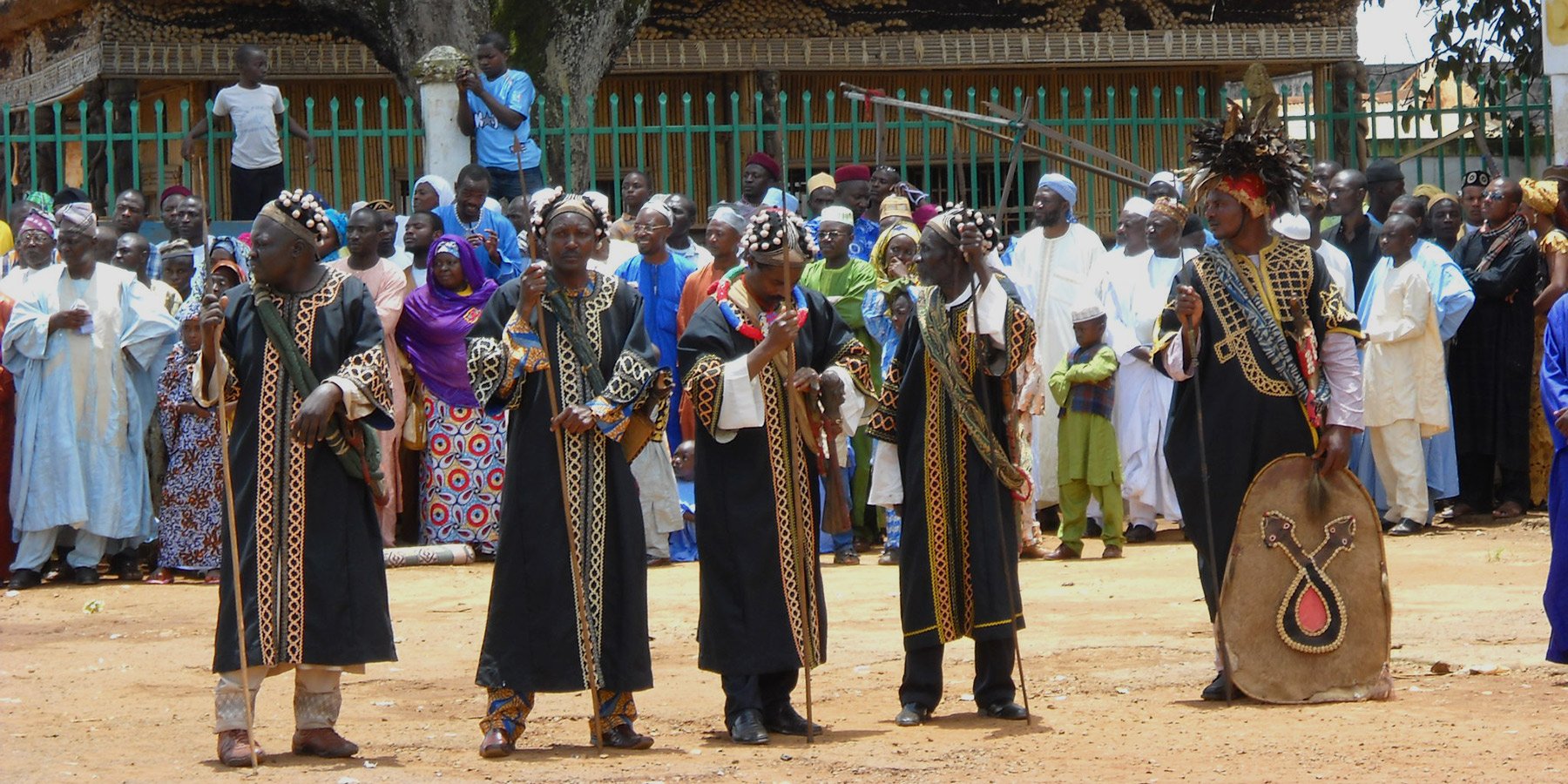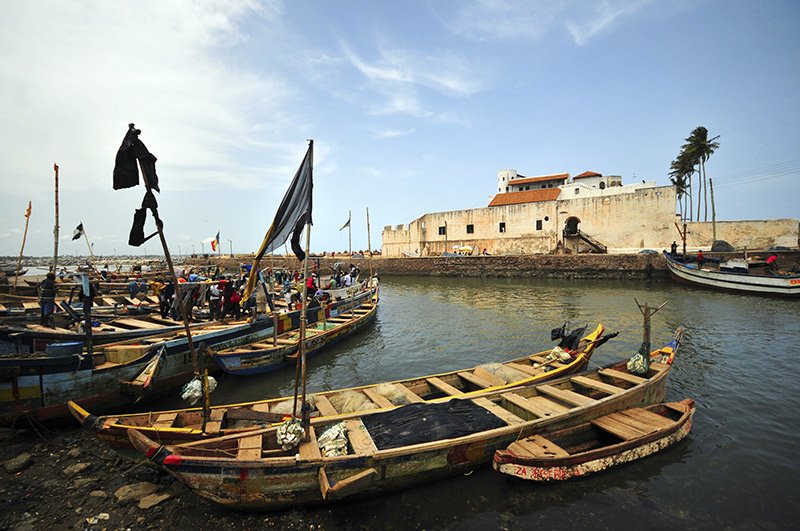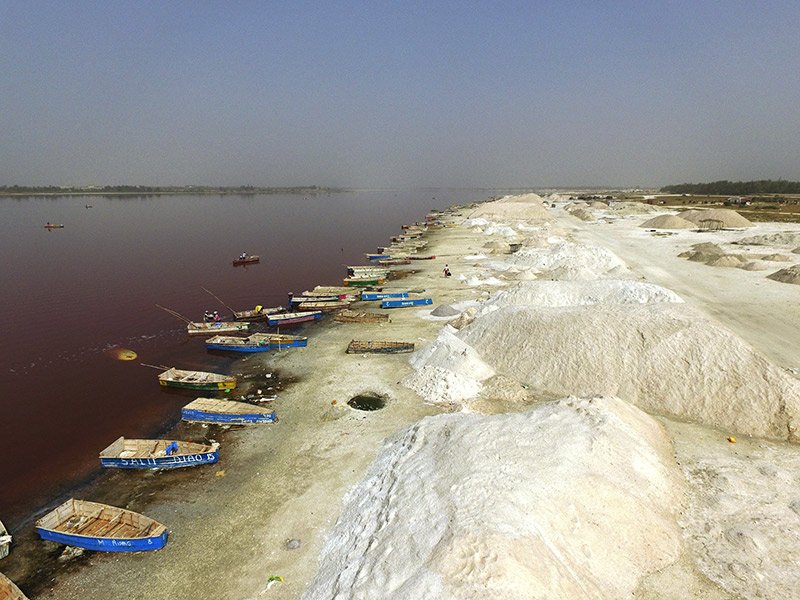Discover Cameroon
Between the mighty Congo basin and the Atlantic Ocean lies a land of untainted equatorial rainforest where rare primates still roam, and local people pass on timeless skills in villages that are little changed for centuries.
To roam through the wonderful landscape and to meet and befriend the deeply welcoming people of Cameroon is an experience that totally immerses you in the rich and vibrant culture and leaves you awe-struck at the natural wonders that abound.
From volcanic mountain ridges to broad, glassy rivers, from forest canopies that throb to the call of the rarest of species to golden sandy palm-fringed shores, this is a land which will steal your heart away.
What to see on our
Cameroon Group Tours
• Relish the verdant beauty of the Cameroon countryside
• Meet the amazing peoples who call Cameroon home, including those of the Dja Reserve
• Immerse yourself in the histories and traditions of the ancient chieftaincies
• Finish the tour by the wonderful beaches of Kribi
-
Although many of our tours are small group adventures with set departures, as a bespoke operator, we can design and create trips to suit any traveller, from solos to larger groups.
Most of our popular group tours are available on a private basis, allowing you the freedom to decide on when you would like to travel. Below we have given some sample pricing based on one or two people travelling. To find out more about organising this tour on a private basis, or arranging the perfect holiday tailored to your requirements get in touch with our well-travelled team. Contact us by phone or email.
Kingdoms of Cameroon
15 Days Private Tour price based on one person travelling - from £6,300
15 Days Private Tour price based on two people travelling, sharing twin or double accommodation - from £3,850pp
Our Tours
Cameroon
Kingdoms of Cameroon
Small Group Tour
14 Days from £2,595
Feedback from our Travellers
Best Time to Visit
Cameroon spans the dense, lush forests in the south, to the far drier north, nudging up towards the Sahel. Rains fall across the country from May to October, with July onwards seeing the heaviest downpours.
Sep
Oct
Nov
Dec
Best
Mixed
Poor
Mar
Jan
Feb
Apr
Aug
May
Jun
July





